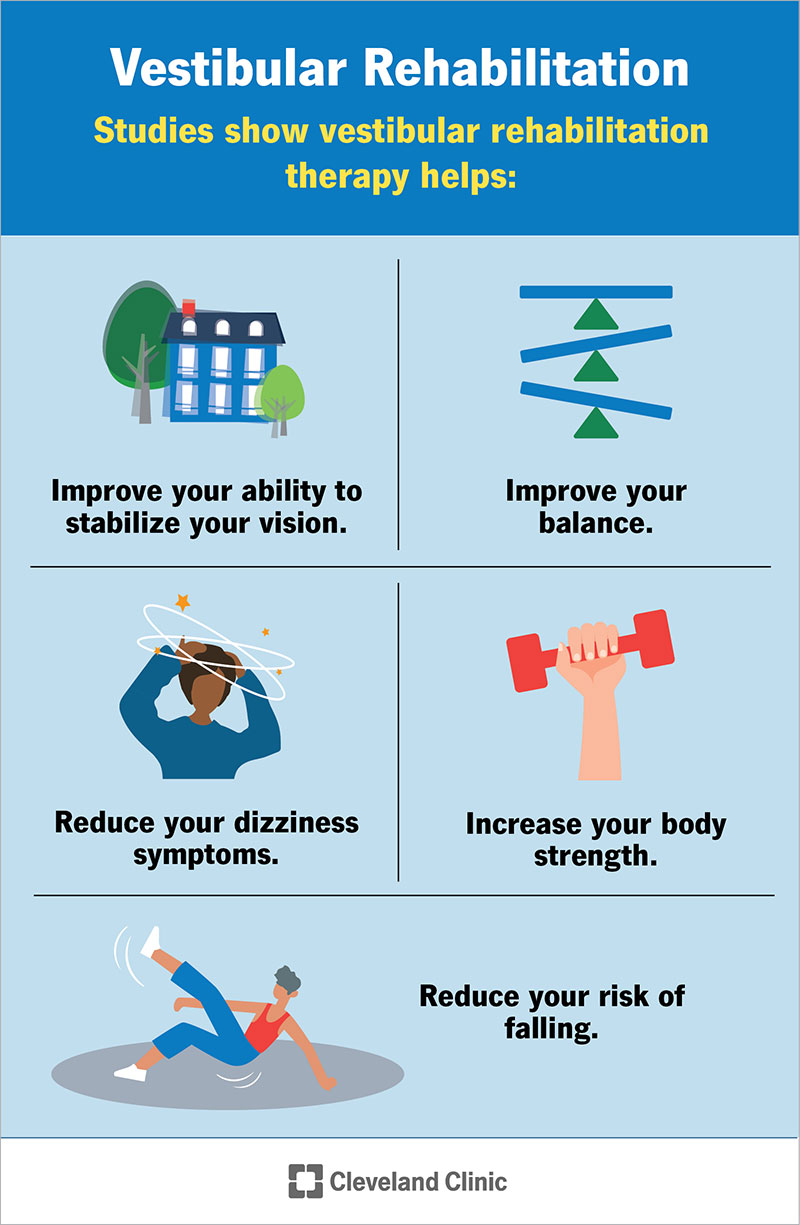Narconon Africa Fundamentals Explained
Narconon Africa Fundamentals Explained
Blog Article
The Main Principles Of Narconon Africa
Table of ContentsHow Narconon Africa can Save You Time, Stress, and Money.Narconon Africa for DummiesNarconon Africa Fundamentals ExplainedOur Narconon Africa StatementsHow Narconon Africa can Save You Time, Stress, and Money.The Buzz on Narconon AfricaWhat Does Narconon Africa Mean?
In a series of papers with Manudeep Bhuller and Katrine V. Lken, we overcome these data challenges and the nonrandomness of jail time, offering new understandings into exactly how incarceration affects relapse, work, youngsters, and criminal networks - Alcohol rehab. Figure 1 Our work researches the results of incarceration in Norway, a setting with two vital benefitsWe can better link this information to other member of the family, consisting of children and siblings. Additionally, we know on co-offending that enables us to draw up criminal networks for observed criminal activities. Second, we can leverage the random project of criminal situations to courts who differ in their propensities to send out accuseds to jail.
Some courts send out accuseds to prison at a high price, while others are extra lax. We determine a court's stringency as the ordinary imprisonment rate for all other cases a court manages, after regulating for court and year set effects, which is the degree of arbitrary task. This quasi-random task of judge stringency can be utilized as an instrument for incarceration, as it strongly anticipates the court's decision in the existing situation, but is uncorrelated with various other case qualities both by layout and empirically.
How Narconon Africa can Save You Time, Stress, and Money.
Features of prisoners, consisting of demographics and criminal offense categories, are generally comparable in Norway and various other countries, consisting of the USA, with the exceptions that the US homicide price is much greater, and race plays a bigger role there also. What sticks out as different, specifically contrasted with the United States, is the jail system.
Number 2In Norway, the ordinary time invested in jail is a little over 6 months, which resembles most various other Western European countries. This contrasts with typical United States jail time of almost three years, which remains in large part the reason the United States is an outlier in its imprisonment price compared to the rest of the world [Figure 1]
Things about Narconon Africa
This provides a lot even more separation between small and hard bad guys than exists in the United States. There is no congestion in Norwegian jails and better personal safety, with each prisoner being assigned to their very own cell and a greater inmate-to-staff proportion than in the United States (https://www.twitch.tv/narcononza12/about). Jails in Norway also offer well-funded education, medication therapy, mental health and wellness, and work training programs
Our research on the impacts of incarceration on the transgressor, using the random job of judges as a tool, yields three vital findings. First, jail time discourages even more criminal habits. We locate that imprisonment reduces the likelihood that a person will reoffend within five years by 27 percentage points and reduces the corresponding number of criminal charges per person by 10 costs.
Some Known Factual Statements About Narconon Africa
We discover large declines in reoffending chances and cumulative billed criminal offenses even after defendants are launched from prison. Our 2nd outcome is that predisposition as a result of option on unobservable individual qualities, if ignored, causes the incorrect verdict that time invested behind bars is criminogenic. If we simply contrast criminal offenders sentenced versus those not sent to jail, we find favorable associations in between incarceration and succeeding criminal offense.
This stands in contrast to our evaluation based on the random task of courts, which locates an opposite-signed result. Third, the reduction in criminal offense is driven by people that were not functioning before imprisonment. Among these people, imprisonment boosts participation in programs directed at improving employability and decreasing relapse, and this inevitably raises work and revenues while dissuading criminal behavior.

Imprisonment triggers a 34 percent point increase in engagement in task training programs for the formerly nonemployed, and within five years their employment price increases by 40 portion factors. At the very same time, the probability of reoffending within five years is cut by 46 percent factors, and there is a decrease of 22 in the average number of criminal fees.
Some Known Questions About Narconon Africa.

A probable explanation for my site the distinction is that Norway's jail system differs considerably, both in terms of prison-term size and prison problems, from the US jail system. While comprehending the results of incarceration on the transgressor is a vital initial step, catching spillover effects is additionally vital for evaluating criminal justice policy and making reliable prison systems.
Narconon Africa for Dummies

Regular least squares approximates disclose that kids of incarcerated daddies are 1 percentage factor most likely to be charged with a criminal activity, about a mean of 13 percent, and reveal no effect on institution grades. Using our court stringency tool, we locate no analytical evidence that a father's incarceration impacts a kid's very own crime or institution grades, yet we are unable to rule out modest-sized results.
The Main Principles Of Narconon Africa
We define criminal groups based on network links to prior criminal situations. Our evaluation returns three major searchings for. Initially, when a criminal network participant is jailed, their peers' probability of being billed with a future criminal offense decreases by 51 percent points over the following 4 years. Having an older brother put behind bars reduces the chance his younger brother will certainly be charged with a crime by 32 percent points over the next four years.
Report this page